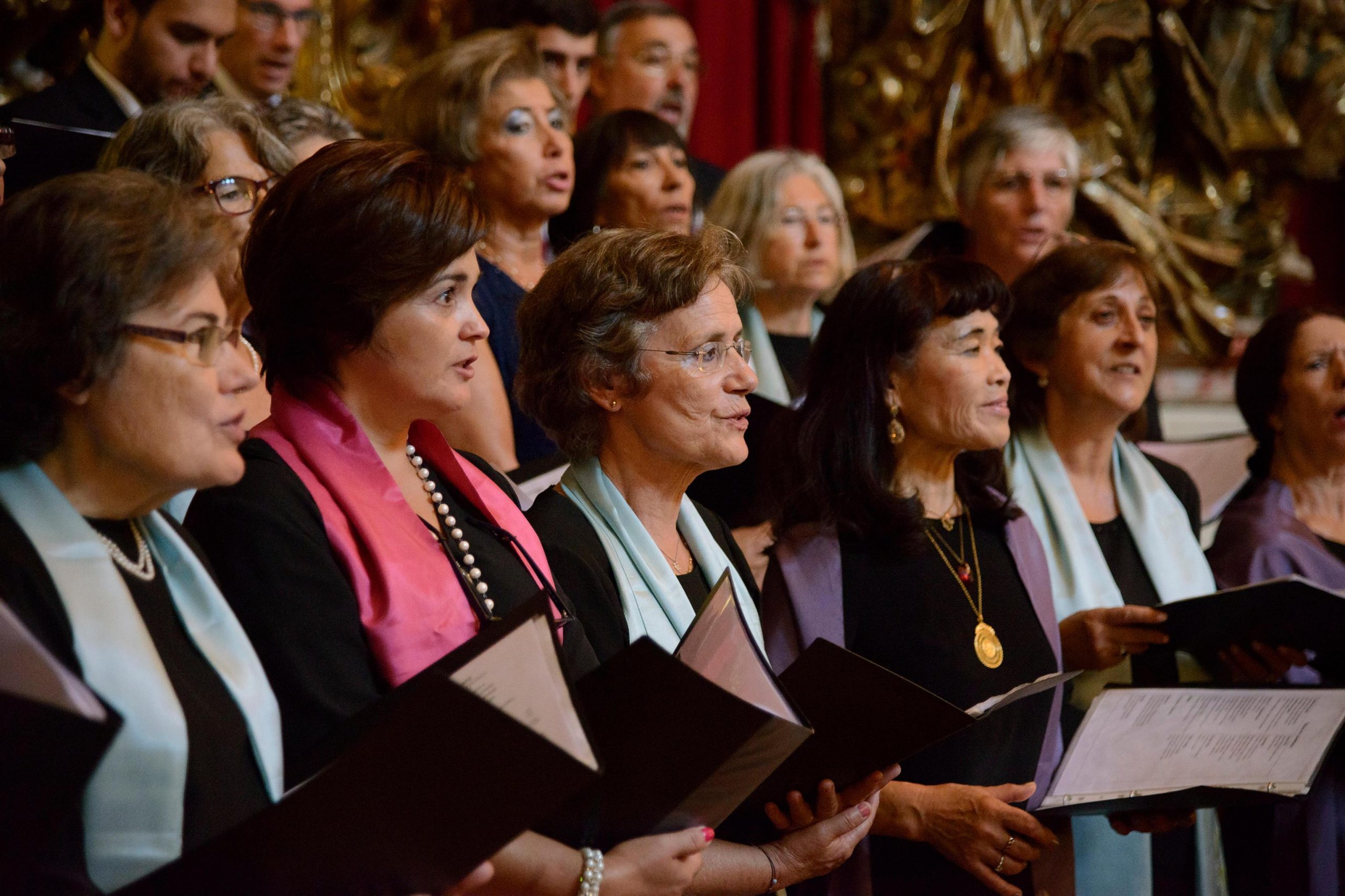Who is a gospel music minister: Service to God through the music ministry is generally expressed as service to the congregation of a church. Encouraging believers, supporting the sermon, praising and worshipping God and sharing the gospel with nonbelievers through song are all responsibilities of a music ministry.
“Praise ye the Lord. I will praise the Lord with my whole heart, in the assembly of the upright, and in the congregation.”
Psalm 111:1
The purpose of the Music Ministry is to exhort, uplift, and encourage the body of Christ through song and worship. The Music Ministry encompasses the Praise Team, adult choir, and youth choir. Members of the Music Ministry must be faithful members of the Tree of Life Christian Ministries. They must strive to live according to God’s will and purpose and be on one accord in mind and heart according to the word of God.
Praise and Worship
A key component of the Music Ministry is the praise and worship portion of the service on Sunday mornings or other functions when called upon by the pastor. The significance of praise and worship is of profound importance in the lives of the children of God. The word praise is derived from a Latin word meaning value or price. Thus to give praise to God is to proclaim his merit and worth in the life of the individual who praises him. Proverbs 27:21 says as a refining pot for silver and a furnace for gold, so let a man be in his trial of praise, for a man is judged by what he praises and of what he boasts. (Amplified Bible)
Praises to God is one of the major themes of scripture. The value, price and merit that we seem to place upon this important requirement has greatly diminished in our personal demonstration of worth to our Savior and Lord Jesus Christ. In most church settings, we have lost praise and worship to simplistic corporate ritual of little significance in the overall Sunday morning or weekday service. God has given us the responsibility and the privilege of proclaiming His righteousness with our mouth and hands and through music. This is to be a part of our lifestyle.
In the Old Testament, there are eight different Hebrew words which indicate the various expressions of praise and the progression towards true worship:
- Towdah. Praise begins as an act of our will. Towdah means the extension of the hand: a sacrifice of praise and thanksgiving.
- Yadah. Praise then develops into a desire. I want to praise the Lord. Yadah means “the extended or lifted arm with hands open and upward.” This signifies our surrender to God’s power. It is accompanied with the giving of thanks and confession of the Lord’s greatness.
- Shabach. As we come into a deeper awareness of God through an act of our will, which becomes the desire of our heart, our immediate response is to begin giving God glory. Shabach means “to address with a loud voice, to pacify with words, commend, give glory.”
- Halal. This means to make a show, to boast, shine, brag upon, to look foolish. At this point we have ceased to self-conscious and are totally caught up in magnifying the wonders of the Lord. This kind of praise looks foolish to a lot of people, but to God, praise is never foolishness. God said that “praise becomes the upright.” In other words, we are beautiful in God’s eyes and He takes great pleasure in our praises. In fact, God loves our praises so much that He will prove himself mighty on behalf of those who would dare to look foolish in the eyes of man as they boast in their God.
- Zamar. This means “to touch the strings of an instrument, accompanied by the voice; to sing psalms.” This is the extent of all we can do physically to show our praise to the Lord.
- Barak. Barak means to “bless God, to kneel down in expectancy.” After our expressions of extended arms upward to Him and out loud words of praise, we begin to move into His holy presence. Barak speaks of the transition from praise to worship.
- Tehillah. Tehillah means God’s throne. His holy habitation rests upon tehillah. Its meaning is “laudation or hymn.” At this point praise ceases to be an outward expression and becomes a way of life, for it is abiding in the presence of God that changes our lives.
- Hilluwl. Hilluwl means “rejoicing, a celebration of thanksgiving for the harvest, to be merry.”
The more we realize and understand the importance of praise, the more we understand the enemy’s assault on it, and the freer we become to honor the Lord with a life of praise.
. . .From the rising of the sun to its setting, the name of the Lord is to be praised. Praise the Lord! Praise the name of the Lord. Blessed be the name of the Lord from this time forth and forever. (Psalm 113:1-3)

